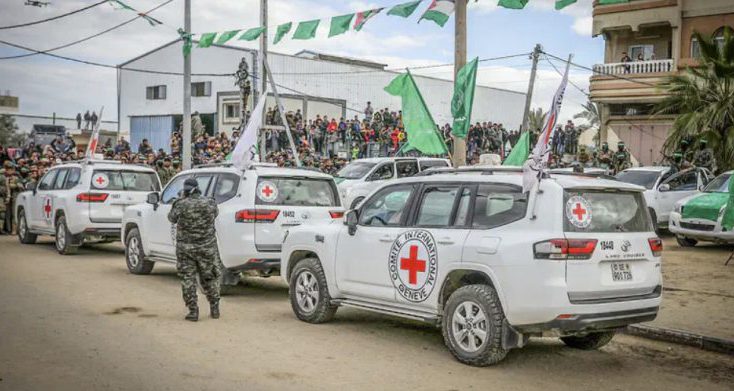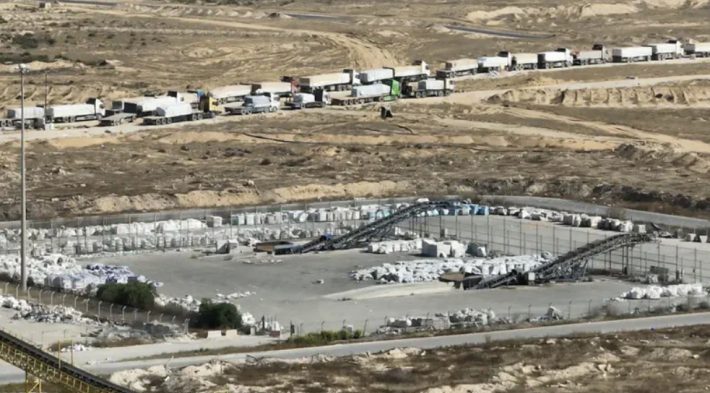Israel’s National Security Committee moved to block Red Cross access to security prisoners, demanding reciprocity and hostage access before granting privileges to terrorists.
The National Security Committee convened in Jerusalem to confront the growing outrage over the International Committee of the Red Cross (ICRC), debating whether to bar the organization from visiting Hamas and other security prisoners until similar access is granted to Israeli hostages in Gaza.
Committee Chair MK Tzvika Foghel (Otzma Yehudit) set the tone:
“The Red Cross pressures us constantly, yet I see no effort from them to visit our hostages. This is totally invalid. Mutuality must be maintained. Until the Red Cross visits our hostages, I will personally stand at the prison gates and prevent them from entering.”
MK Ariel Kalner (Likud) accused the ICRC of actively harming Israel’s security:
“There were occasions where the Red Cross used visitation rights to transfer information. Allowing visits to murderers is a delusional request. It is unfair, unjust, and unacceptable.”
MK Limor Son-Har Melech (Otzma Yehudit) charged the organization with systemic bias:
“The Red Cross, an antisemitic body, legitimizes terrorists by calling them ‘prisoners’ while ignoring our raped and murdered victims. This hypocrisy is Jew-hatred disguised as humanitarianism.”
MK Tzvi Succot (Religious Zionism) urged a harsher posture:
“We must treat the Red Cross like an enemy. Only ruthlessness will bring peace.”
Family members of hostages spoke with anguish:
- Yizhar Lifshitz, whose father Oded was murdered in captivity, lamented: “When you worsen conditions for prisoners, Hamas tortures our hostages more. We tried to send food and visitors through the Red Cross — Hamas refused. After 710 days and 42 murdered hostages, I’ll support anything that brings them home.”
- Hana Cohen, aunt of abducted Inbar Hayman, demanded accountability: “My niece was kidnapped by those same terrorists asking for Red Cross visits. In a normal country they would be executed. The law requires the Red Cross to find her body. Instead, my family is tortured while the state shows mercy.”
From the Israel Prison Service (IPS), legal advisor Ohad Buzi Segev confirmed the official policy:
“Since the beginning of the war, Red Cross access has been blocked. Intelligence assessments concluded it endangers prison security and staff.”
Counterterror chief Chief Superintendent Netanel Shimshon added that ICRC visits risk coordinating unrest and transferring hostile messages:
“There are real risks — increased friction, hidden weapons, and potential damage to national security.”
Concluding, MK Foghel urged decisive government action:
“Don’t be confused. We have taken countless humanitarian steps, but there are red lines. Until the Red Cross provides information on our hostages, it must not be allowed into our prisons. The Cabinet must stand firm.”
This session underscored a sharp shift in Israel’s stance: humanitarian reciprocity, not unilateral concessions, will guide policy toward international organizations moving forward.





